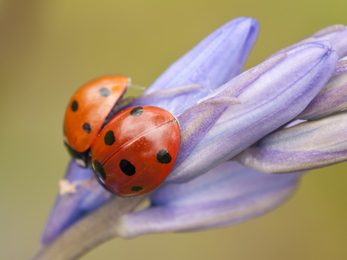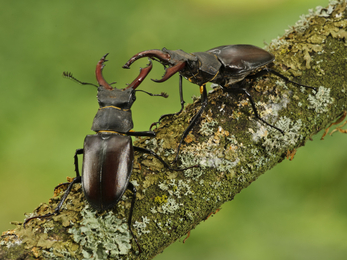The report states that insect decline will cause knock-on losses for insect eating birds, bats and fish, whilst costing society many millions in lost revenue and broken ecosystems. It sets out the two main reasons why our pollinators and other insects are dying: habitat loss and pesticides, and what we might need to do to reverse the decline.
Professor Goulson, author of the report, says, “Insects make up the bulk of known species on earth and are integral to the functioning of terrestrial and freshwater ecosystems, performing vital roles such as pollination, seed dispersal and nutrient cycling. They are also food for numerous larger animals, including birds, bats, fish, amphibians and lizards. If we don’t stop the decline of our insects there will be profound consequences for all life on earth.
And it’s not just our wild bees and pollinators that are declining – these trends are mirrored across a great many of other invertebrate species. Of serious concern is the little we know about the fate of many of the more obscure invertebrates that are also crucial to healthy ecosystems.”
DWT’s President, and entomologist, Dr George McGavin, said, “Insects are fundamental to the ecology of our planet and it is difficult to imagine a world without them. If we do not value the lives of the 'small majority' we face a very insecure future.
Our success as a species has come at great cost to the environment. If we continue to plunder and pollute our natural capital, we will find ourselves scratching around for survival on a bare, rocky planet.”
The good news though is it is not too late if we take action now. With the right help, many insect populations can recover. To reverse the unfolding disaster, concerted action is needed at a government level, from local authorities and food growers and all of us. There are things everyone can do to help, starting with our gardens. Dorset Wildlife Trust’s (DWT’s) biggest campaign to date, Get Dorset Buzzing, has already highlighted the need to reverse the decline of pollinators, and this year, 4,000 people took the pledge to do something in their gardens to help pollinators.
Click here to read the Insect Declines and why they matter report and pledge to take action for insects.


